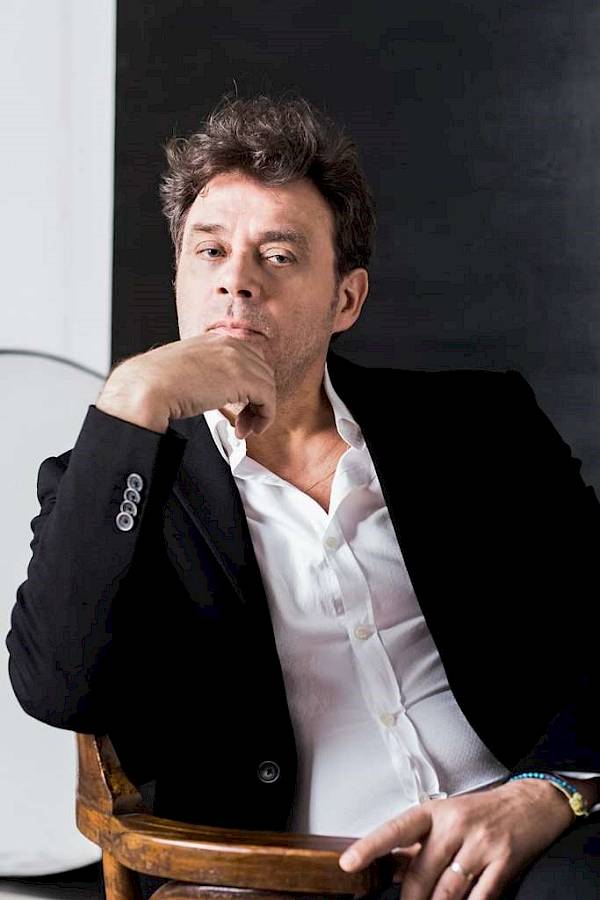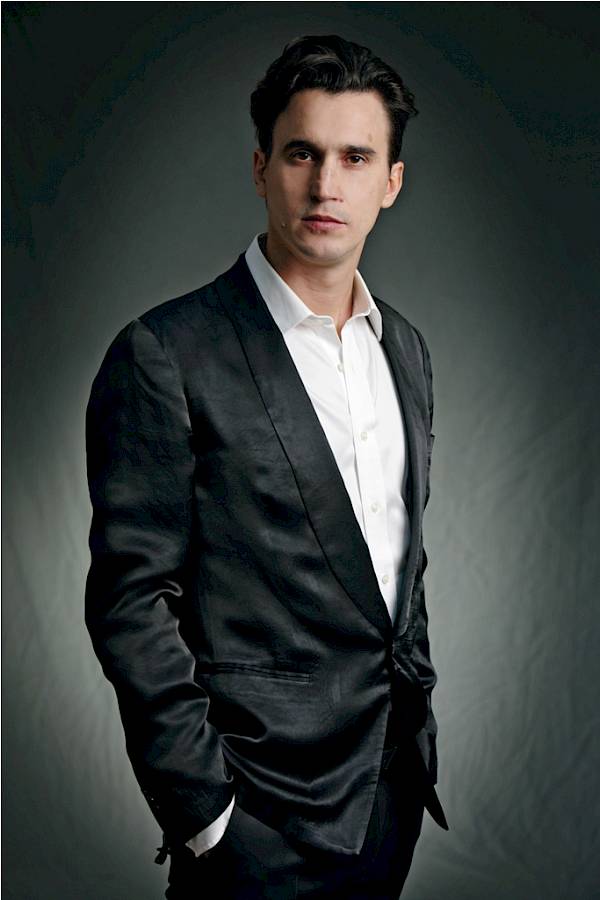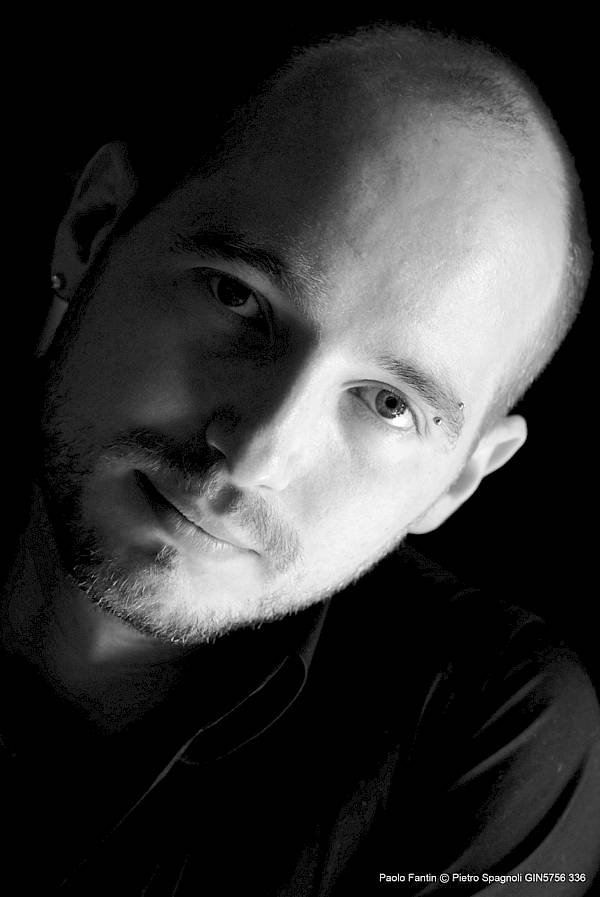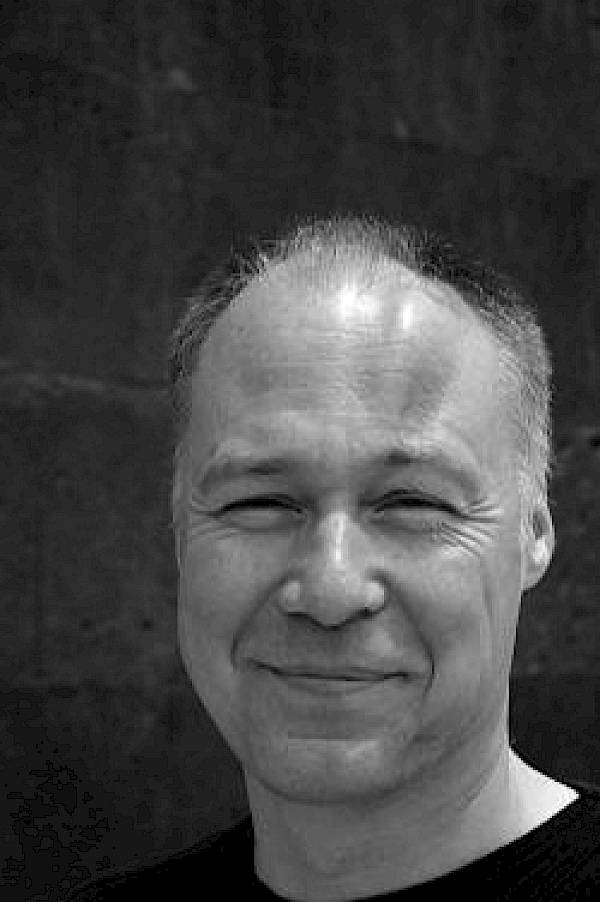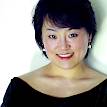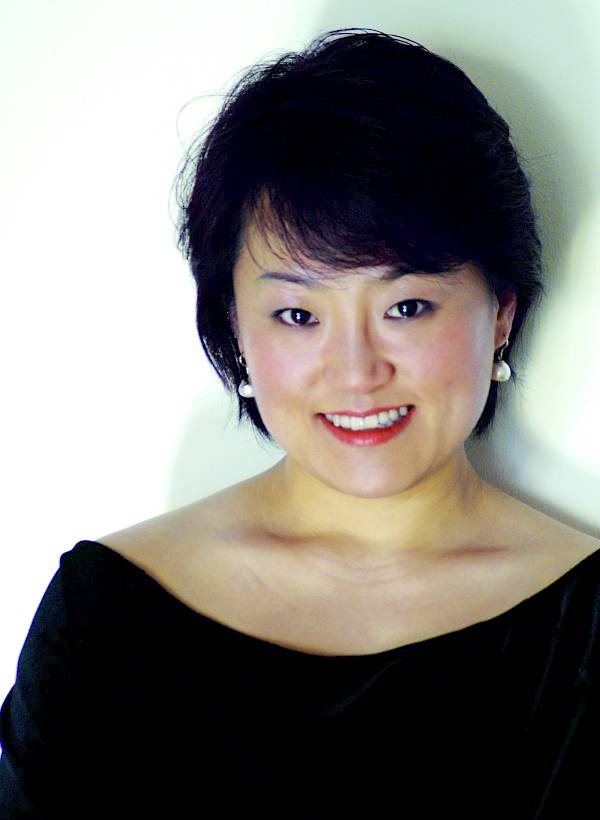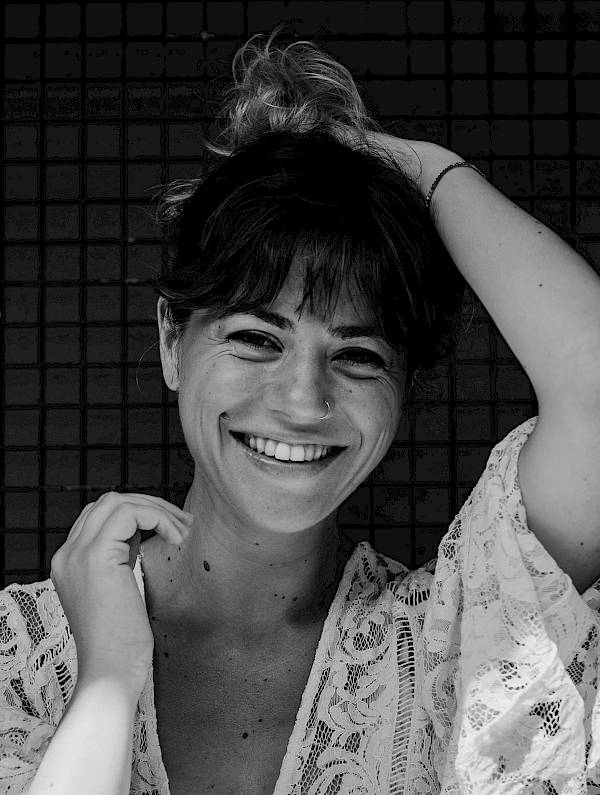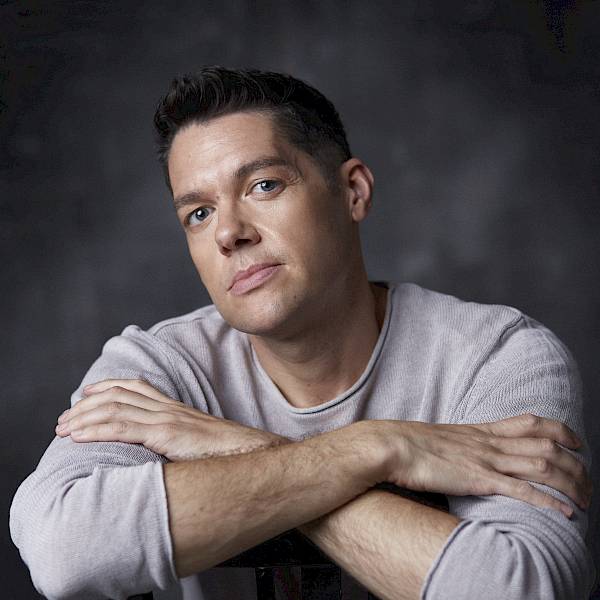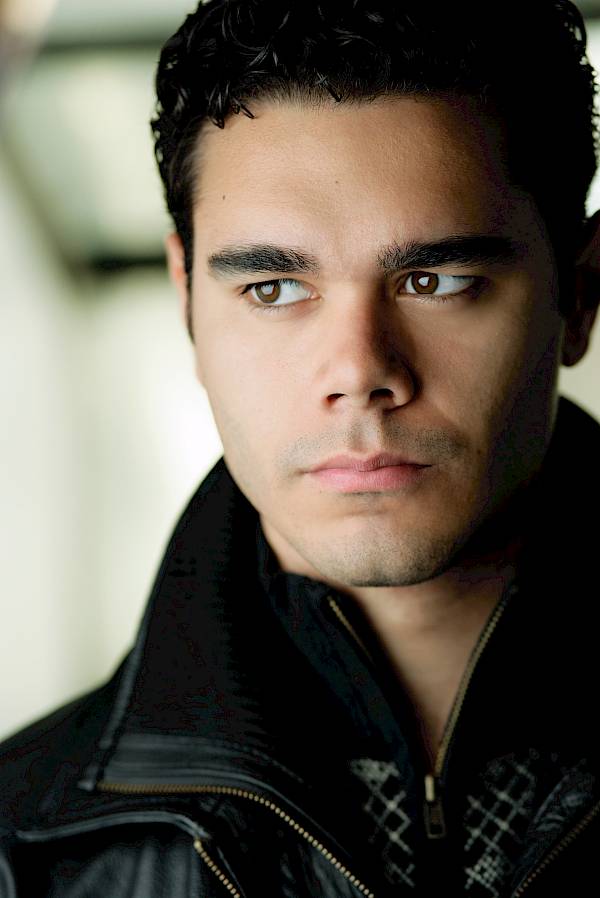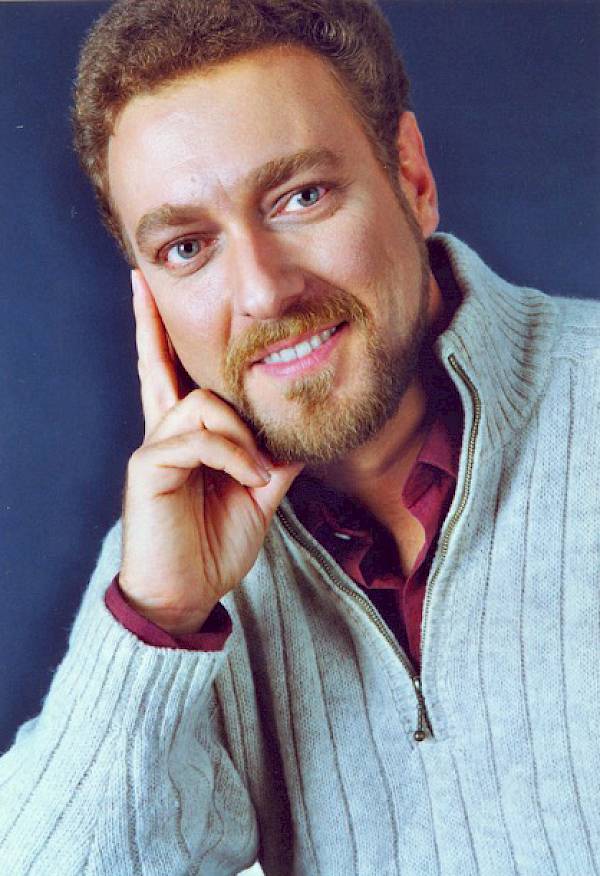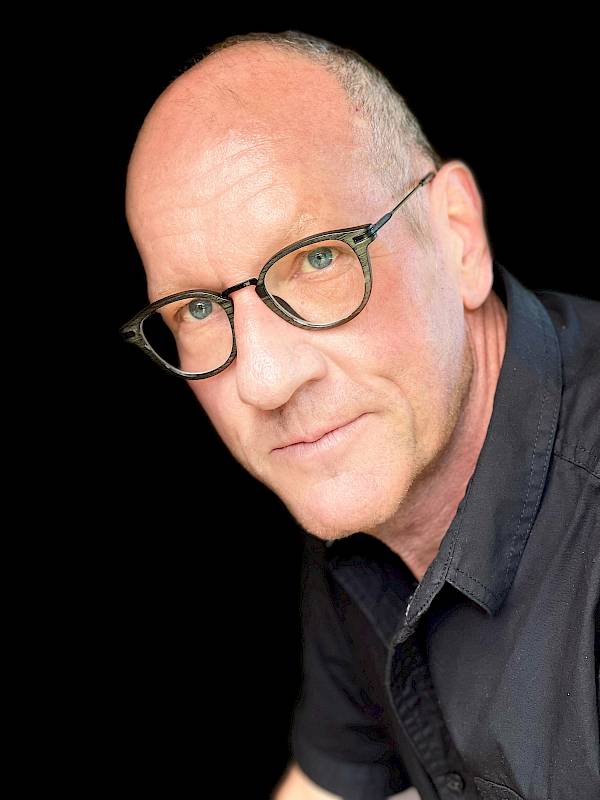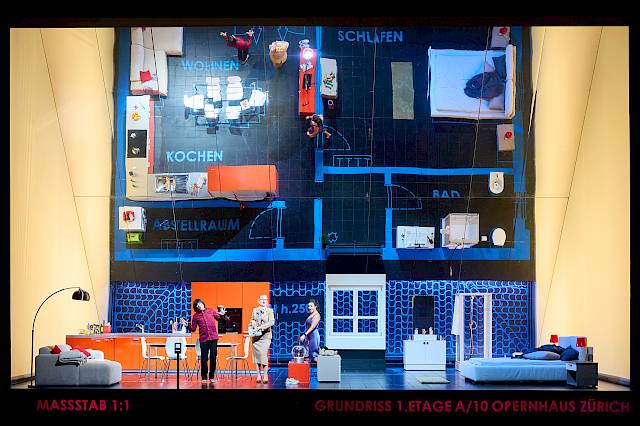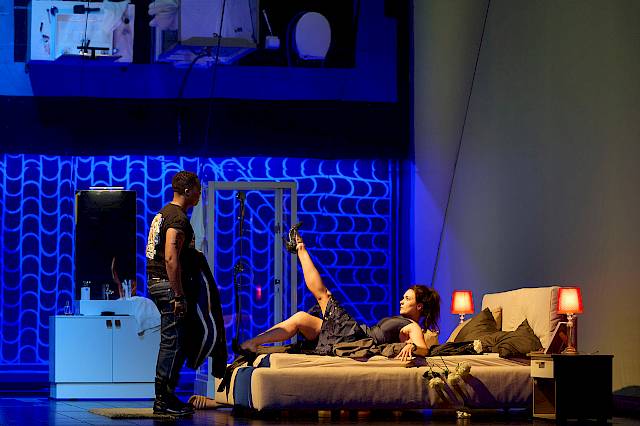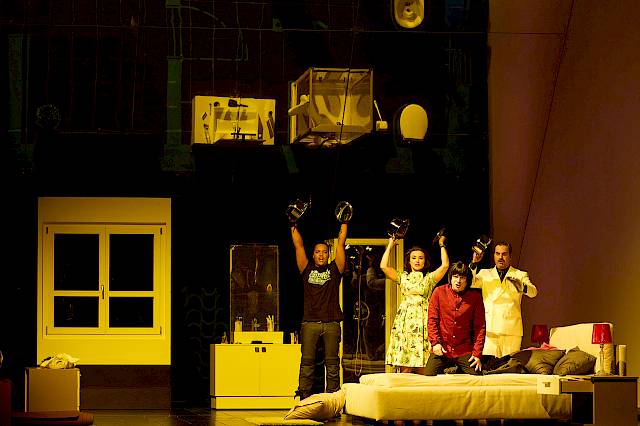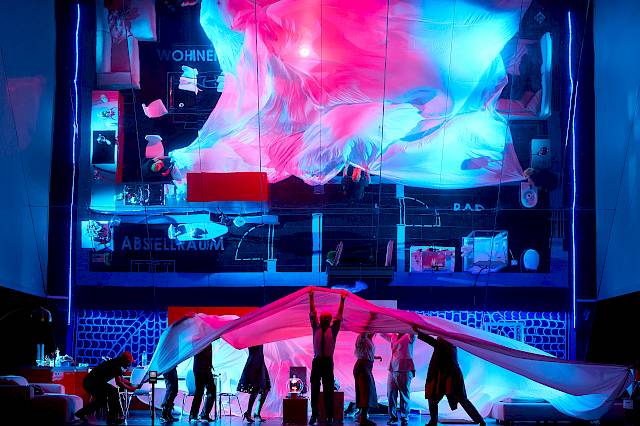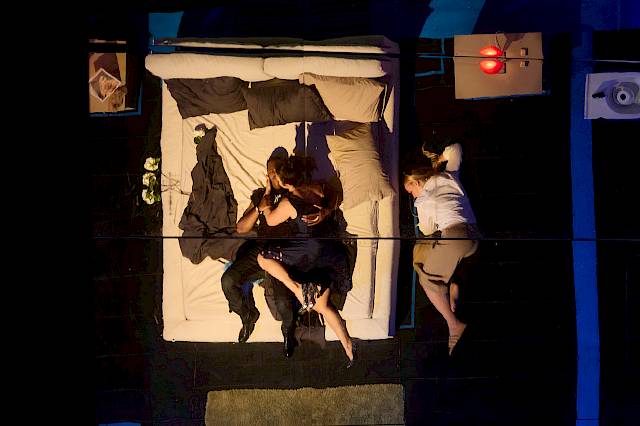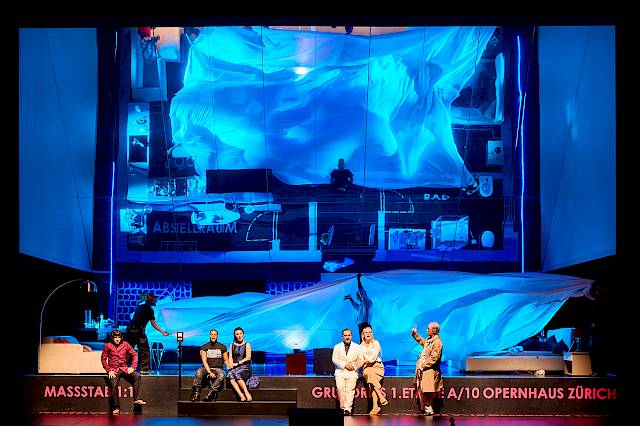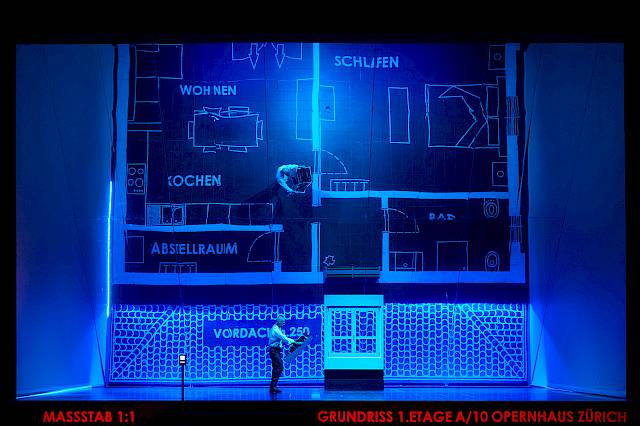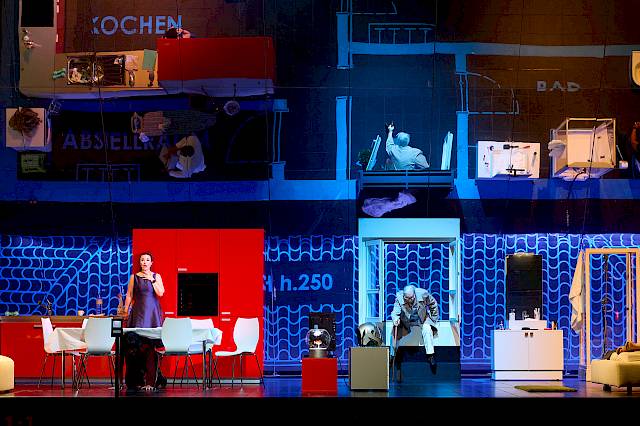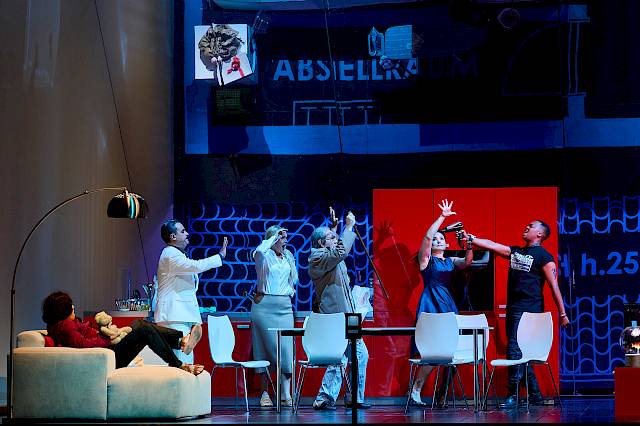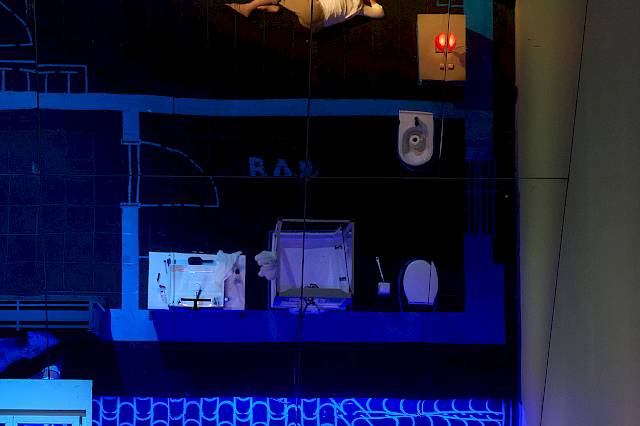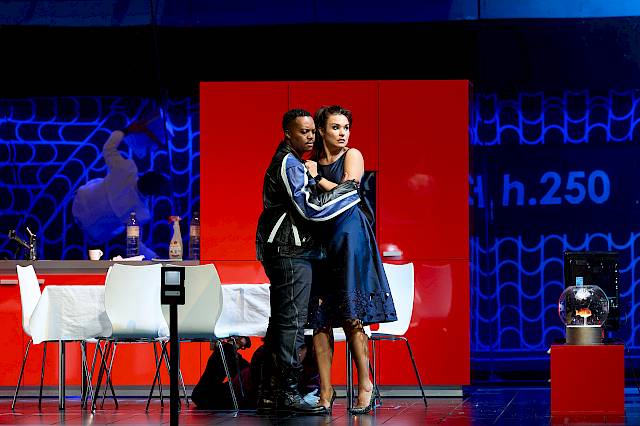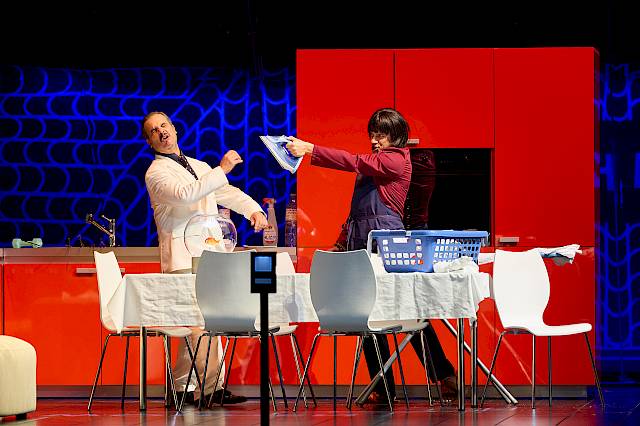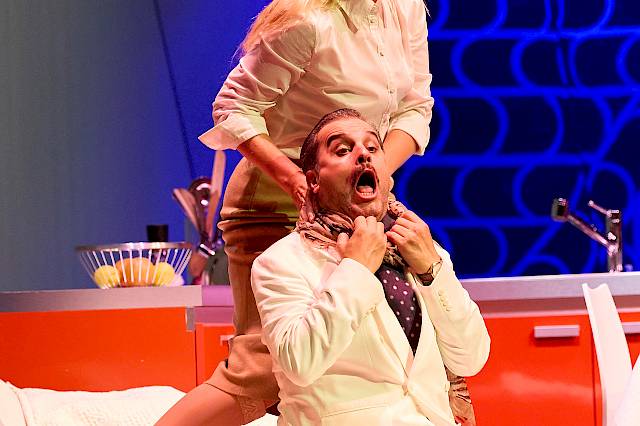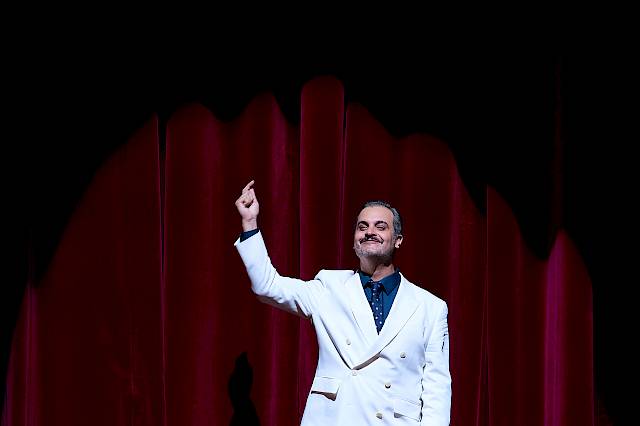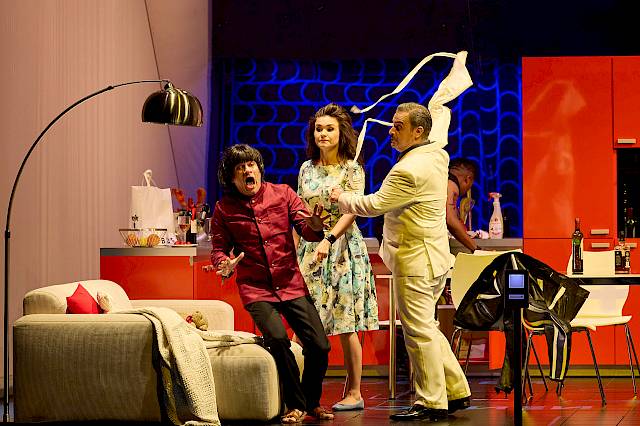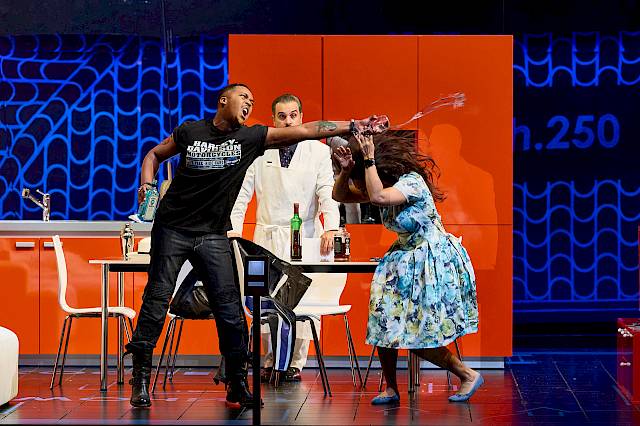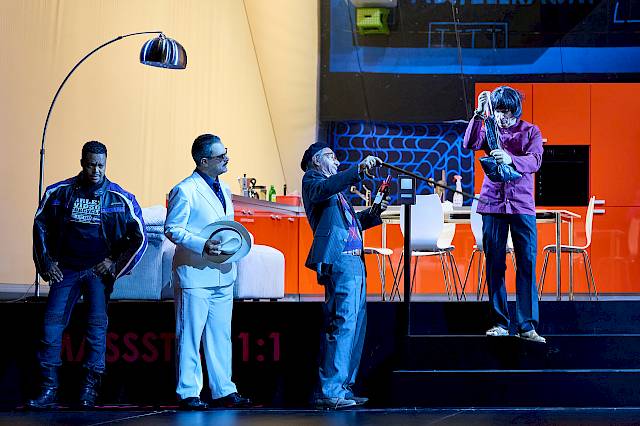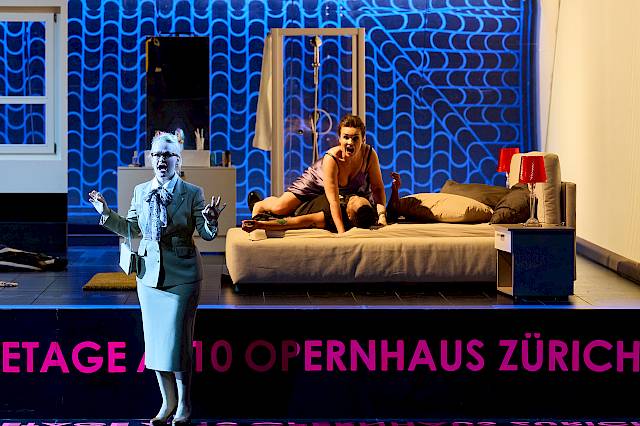Ottavio Dantone studierte Orgel und Cembalo am Konservatorium «Giuseppe Verdi» in Mailand. Seit der Spielzeit 2023/24 ist er Musikdirektor des Haydn-Orchesters von Bozen und Trient und ab 2024 Musikdirektor der Innsbrucker Festwochen der Alten Musik. Als spezialisierter Interpret der Alten Musik leitet er seit 1996 die Accademia Bizantina, der er bereits seit 1989 als Cembalist angehört. Er hat den Weg des Ensembles an die heutige Spitzenposition entscheidend geprägt und ist mit diesem in Konzertsälen wie der Berliner Philharmonie, dem Konzerthaus Wien und dem Concertgebouw Amsterdam aufgetreten. 2021 wurde die Accademia Bizantina vom Gramophone Classical Music Award als «Orchester des Jahres» nominiert. Sein Debüt als Operndirigent gab Ottavio Dantone 1999 mit der Uraufführung von Giuseppe Sartis Giulio Sabino am Teatro Alighieri in Ravenna. Seither war er zu Gast bei den renommiertesten Festivals, Konzert- und Opernhäusern der Welt, darunter das Teatro alla Scala in Mailand, die Berliner Staatsoper, die Salzburger Festspiele, das Glyndebourne Festival, das Teatro Real in Madrid, die Opéra de Paris, das Opernhaus Zürich, die Bayerische Staatsoper, das Maggio Musicale Fiorentino, die London Proms, die Hamburger Elbphilharmonie, das Lincoln Center, die Wigmore Hall, das Barbican Centre, das Amsterdam Concertgebouw, der Pierre Boulez Saal und die Kölner Philharmonie. 2020 wurde er von Staatspräsident Sergio Mattarella zum Kommandeur des Verdienstordens der Italienischen Republik ernannt und ist seit 2022 «Accademico di Santa Cecilia».
Gioachino Rossini
Farsa comica in one act
Libretto by Giuseppe Maria Foppa
From 9. February 2018 until 24. February 2018
-
Duration :
approx. 2 H. 10 Min. Inkl. Pause after 1st part after approx. 50 Min. -
Language:
In Italian with German and English surtitles. -
More information:
Introduction 45 min before the performance.


